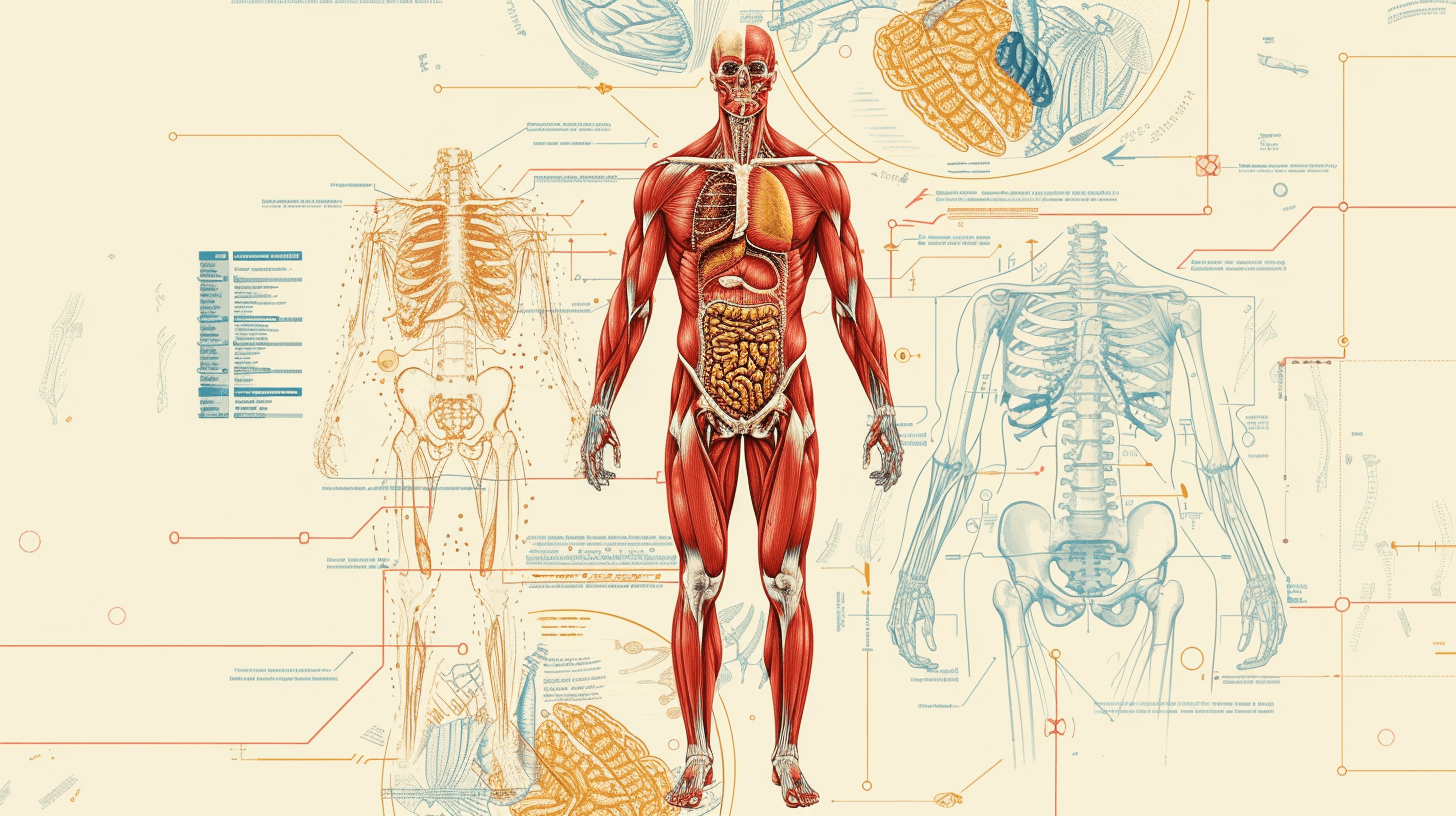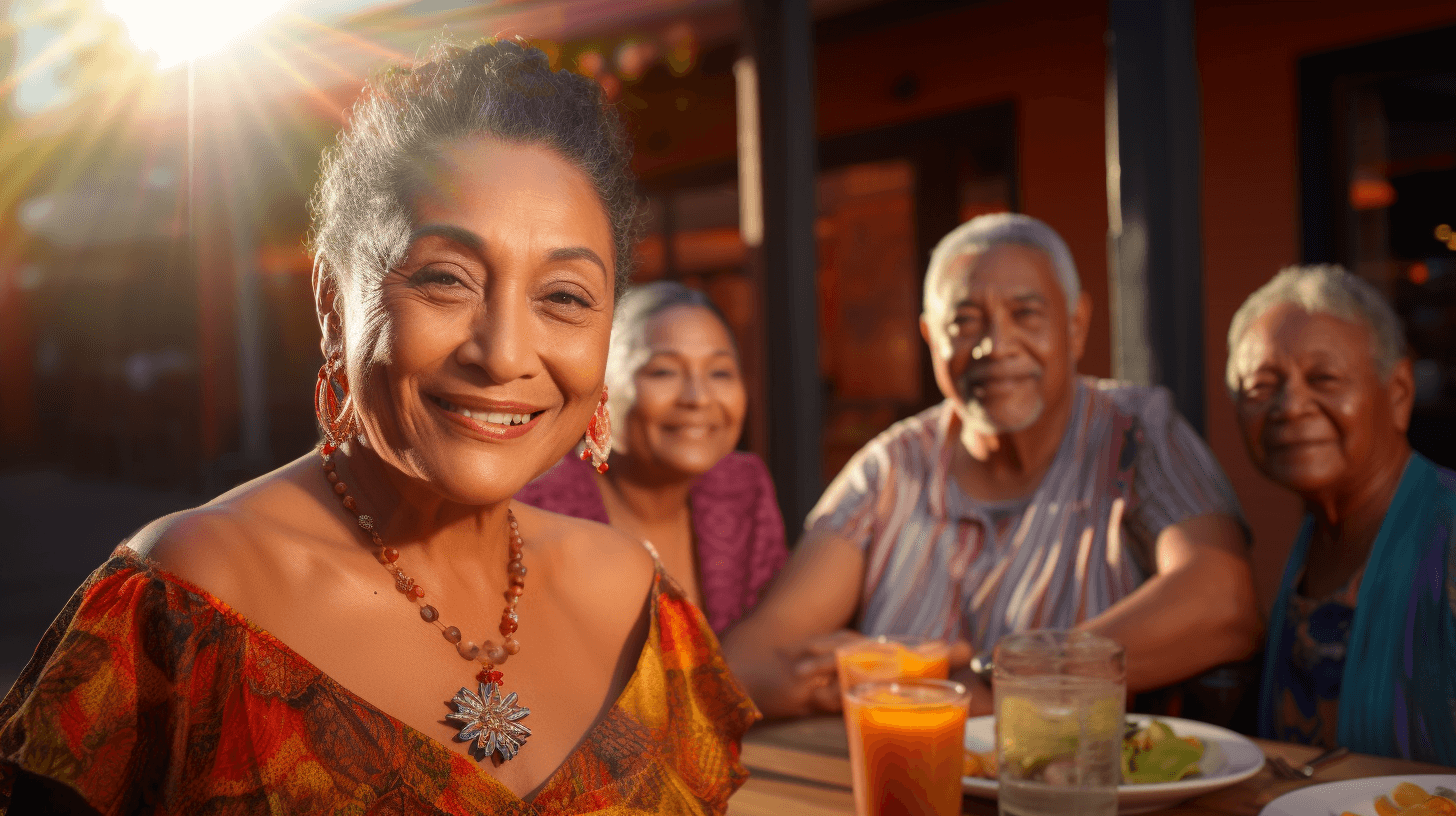🚨🌡️ Colon Cancer No KaʻOi In Da Young Kine: Da Scary Increase
⬇️ Pidgin | ⬇️ ⬇️ English
Ho, da braddahs an’ sistahs! Got one heavy kine news fo’ share today. Da American Cancer Society wen jus’ drop da 411 in their Cancer Statistics 2024 report, and guess what? While most cancer kine deaths stay going down in da U.S., da colorectal cancer, yeah, da one we call colon cancer, is getting mo’ worse. 📉📈
Check dis out: colon cancer, she’s da numbah one killah for da kāne (men) undah 50, and numbah two for da wahine (women) same age in da U.S. No good, yeah? But why dis happening, you ask? Well, Rebecca Siegel from da American Cancer Society, she stay digging deep into dis.
Siegel says, sure, we doing awesome fighting tobacco and lung cancer, but dat’s why we seeing more colorectal cancer in da young adults. Da real pilikia (problem) might be stuffs like too much ʻai pālahalaha (junk food), sitting around all day, antibiotics we don’t really need, and even da tiny plastics we no can even see. 🍔💉
Siegel point out, da hike in colon cancer is same-same for da kāne and wahine, meaning da cause probably no hormonal, but more like from da stuffs we eat, do, or da environment we stay in.
Dr. Anton Bilchik, one big kahuna surgeon, he thinking maybe inflammation is da sneaky bugger behind dis rise in colon cancer. He says, gotta watch out from small kid time, teach da keiki about eating right and moving their bodies, no just sit around.
Dr. Steven Lee-Kong, one expert surgeon too, he says maybe people no stay doing their health screenings on time, maybe no more good health insurance, or maybe dey no know their ʻohana (family) history. All dat can make da risk higher for getting da colorectal cancer. 🏥👨👩👧👦
So, what we gotta know about dis colorectal or colon cancer kine? It’s da kine cancer dat hit da colon, part of da big intestine, and da rectum.
Right now, it’s da third most common cancer around da globe. Normally, you see ’em in da older peeps over 50, but no fool around, it can strike da young ones too. Lately, more young adults getting diagnosed, and dat’s no joke.
Da signs? Watch out for blood in da stool, if you always running toilet or da odda way around, get belly pain, cramps, bloating, feel super tired, or losing weight and you no even trying. Dis kine cancer usually start from da small kine bumps, or polyps, inside da colon. Dey might look harmless but can turn mean.
Good news is, you catch ’em early, like during regular check-ups, get good chance for kick da cancer out. Docs recommend screening for da adults 45 to 75 years old. If you find da cancer early, before it spread, da chance for stay okay after five years is 91%. Not too shabby, yeah?
So, there you have it, gang. Dis one heavy kine stuffs, so take ’em serious, do da check-ups, and take care of your ʻohana. We all in dis together. Stay strong, stay healthy, and shootz till da next time! 🚑🌺💪
NOW IN ENGLISH
Colon Cancer Tops the List Among the Young: A Disturbing Rise 🚨🌡️
Hey, folks! Today we’ve got some serious news to discuss. The American Cancer Society has just released their Cancer Statistics 2024 report, and it’s pretty eye-opening. While overall cancer deaths are declining in the U.S., colorectal cancer, or what we commonly refer to as colon cancer, is bucking the trend. 📉📈
Here’s the lowdown: colon cancer is now the leading cause of death among men under 50 and the second leading cause among women of the same age group in the U.S. Quite alarming, right? But what’s behind this increase? Rebecca Siegel from the American Cancer Society has been probing into this issue.
Siegel suggests that while we’re making great strides in combating tobacco and lung cancer, that success might be shadowing the rising tide of colorectal cancer in young adults. The real issue seems to be linked to factors like increased consumption of processed foods, sedentary lifestyles, unnecessary antibiotics, and even exposure to microplastics. 🍔💉
Siegel notes that the surge in colon cancer affects both men and women equally, indicating that the cause is likely not hormonal but rather related to our diet, activity levels, or environmental factors.
Dr. Anton Bilchik, a prominent surgical oncologist, theorizes that inflammation might be the sneaky culprit behind the increase in colon cancer cases. He emphasizes the importance of early education about healthy eating habits and staying active, starting from a very young age.
Dr. Steven Lee-Kong, another surgery expert, points out that the rise in colon cancer deaths could be due to factors like poor adherence to preventive health screenings, inadequate health insurance coverage, or a lack of awareness about family history, all of which can elevate the risk of developing colorectal cancer. 🏥👨👩👧👦
So, what should we know about this colorectal or colon cancer? It’s a form of cancer that affects the colon, part of the large intestine, and the rectum.
Currently, it’s the third most common cancer worldwide. Typically, it’s seen in older adults over the age of 50, but don’t be misled, it can strike at any age, and recent trends show that diagnoses among young adults have almost doubled.
Symptoms to watch out for include bloody stool, frequent diarrhea or constipation, abdominal pain, cramps, bloating, unexplained fatigue, or sudden weight loss. This type of cancer often begins as small lumps, or polyps, inside the colon. While they might start off benign, they can develop into cancer over time.
The silver lining is that if caught early, such as during regular health screenings, the chances of successful treatment are high. Doctors recommend screening for adults aged 45 to 75. If detected before it spreads, the five-year survival rate is an encouraging 91%.
So there it is, everyone. This is pretty heavy stuff, so take it seriously, keep up with your screenings, and look after your loved ones. We’re all in this together. Stay strong, stay informed, and see you next time! 🚑🌺💪







